She Kept Asking for the Moon (1983)
June 1, 1983Release Date
She Kept Asking for the Moon (1983)
June 1, 1983Release Date
Plot.
Where to Watch.
Cast & Crew.

Milka Zimková
Johana Ovsená / Book / Screenplay

Veronika Jeníková
Pavlínka

Peter Staník
Berty

Marie Logojdová
Jozefka

Valéria Jergová
Teca

Tamara Simková
Margita
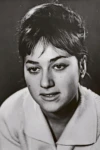
Nora Kuželová
Katarína

Ľubomír Paulovič
Štefan

Jiří Klepl
Učiteľ

Ivan Klečka

Ferdinand Macurák

Anton Načiniak
Chairman

Mikuláš Laš
Micha

Peter Vonš
Studniar
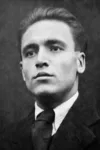
Andrej Lettrich
Writer

Darina Chmúrová
Pavlínka (voice)

Emília Došeková
Margita (voice)

Karol Spišák
Chairman (voice)

Štefan Uher
Director / Screenplay

Svetozár Štúr
Original Music Composer

Stanislav Szomolányi
Director of Photography

Maximilián Remeň
Editor

Mária Šilberská
Costume Design

Slavomír Rosenberg
Dramaturgy

Anton Krajčovič
Production Design

Jozef Škopek
Makeup Artist

Milan K. Némethy
Sound

Peter Drobka
Production Manager

Milan Zavřel
First Assistant Director

Jaroslav Rihák
First Assistant Director

Ján Magdolen
Camera Operator

František Perger
Assistant Production Design

Mikuláš Vida
Property Master

Zdenka Bočánková
Lead Costumer

Ivan Janovský
Unit Production Manager

Jozef Prochác
Unit Production Manager

Ingrid Hodálová
Script

Štěpán Koníček
Conductor

Alena Fabiánová

Jozef Rafaj

Jozef Friňák

Jaroslav Trón

Anton Trón

Jaroslav Sypal

Benjamín Michalský

Oľga Vronská

Andrej Šilan

Ján Németh
Media.
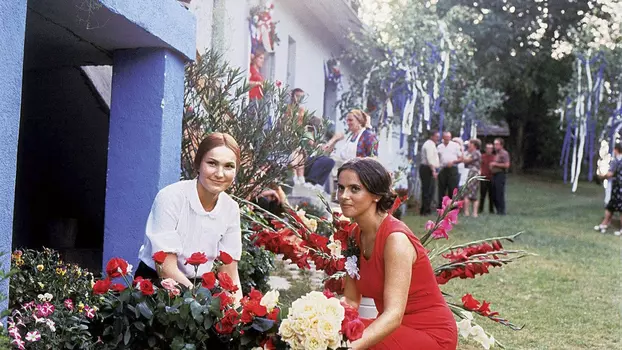
Details.
Release DateJune 1, 1983
Original NamePásla kone na betóne
StatusReleased
Running Time1h 21m
Genres
Last updated:
This Movie Is About.
Wiki.
She Grazed Horses on Concrete (Slovak: Pásla kone na betóne) is a 1982 Slovakian-Czech comedy-drama film exploring themes of female sexual mores and abortion, holding out in society balanced with comedy and irony in proportions that instantly made it one of the biggest domestic blockbusters in Slovak cinema.
A quarter of a century later, its DVD release sold out within weeks. The film, directed by the reputed Štefan Uher, made the women at its center stage stand for humankind as matter-of-factly as much of Central European filmmaking had been portraying men's worlds, the quiet turnaround never even became a talking point. It was also the first film that employed a regional variety of the language that would be naturally used where the story took place, which provided an additional layer of humor whose novelty had people rolling in the aisles.
Its baffling title quotes a verse from a fresh folk song about a woman striving to accomplish impossible feats. Attempts to render it in English resulted in the film being shown and quoted under a range of titles that have included She Kept Crying for the Moon, She Kept Asking for the Moon, A Ticket to Heaven (also the erroneous A Ticket to the Heaven), and Concrete Pastures.
The film was entered into the 13th Moscow International Film Festival where it won the Silver Prize.
You May Also Like.
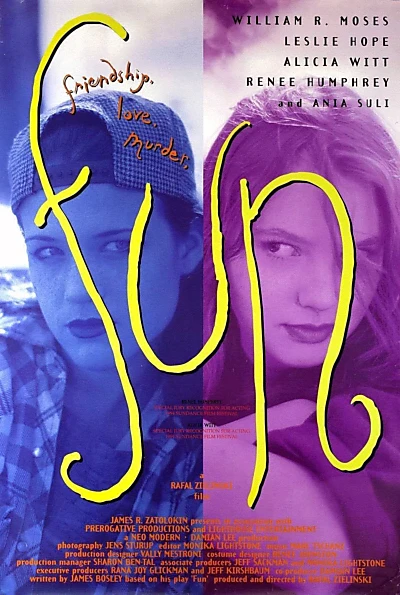
Fun (1994)
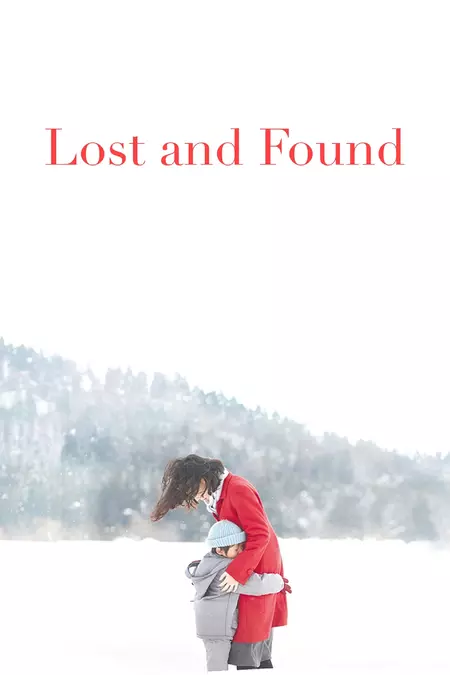
Lost and Found (2016)

JK's House (2013)

Hu Ane Tu (2023)

Midnight at the Old Mill (1916)

Side by Side (1975)
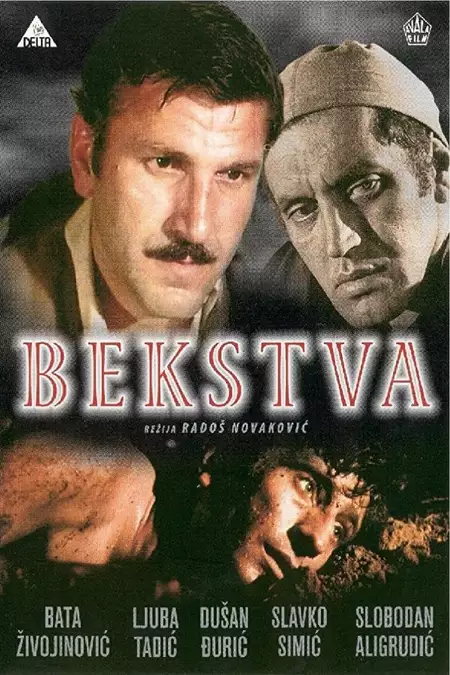
Escapes (1968)

Let Your Light Shine (2013)
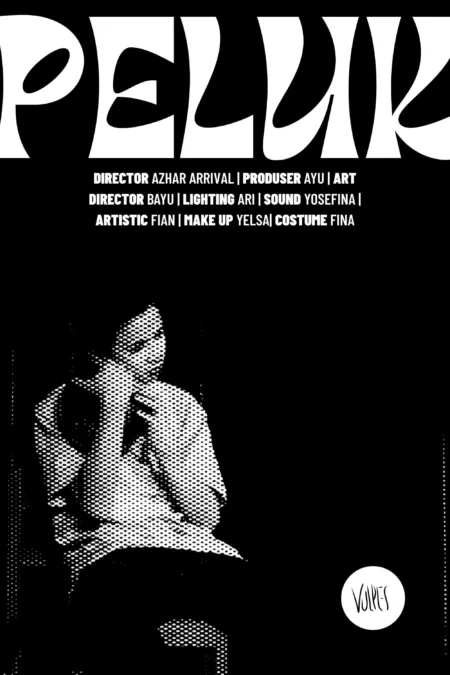
123 Hugs (2022)

Lionfish: New Pirates of the Caribbean (2017)
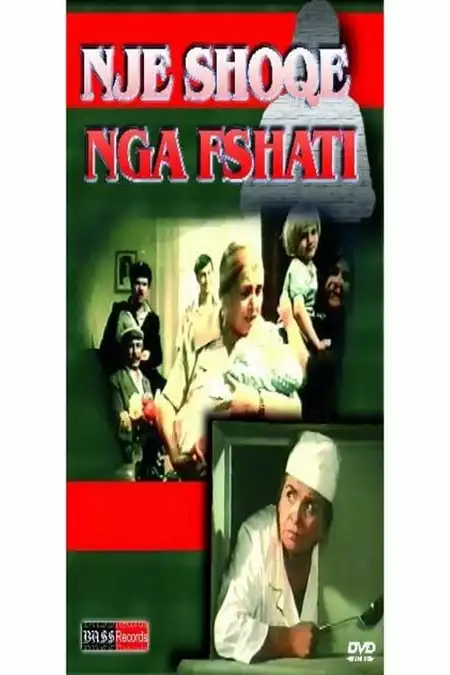
A Comrade from the Village (1980)

Hermie & Friends: A Fruitcake Christmas (2005)
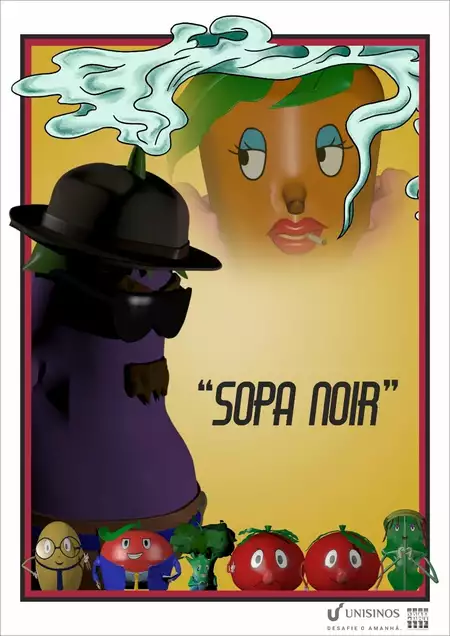
Noir Soup (2019)

Buster Keaton: Head Over Heels in Hollywood (2008)

Vanessa Mai - Für dich - Live aus Berlin (2017)
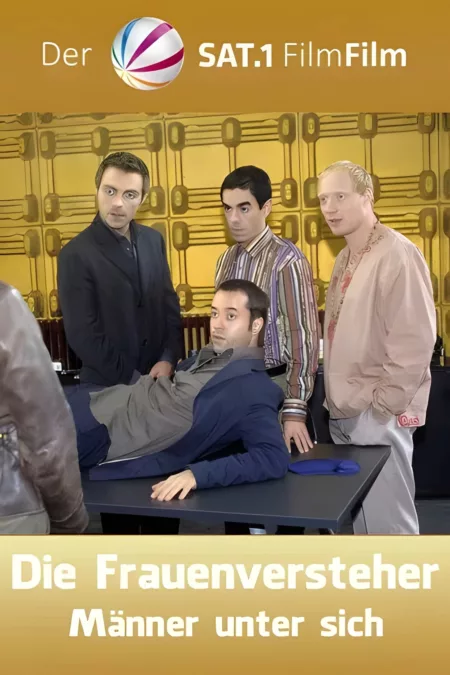
Die Frauenversteher - Männer unter sich (2002)


